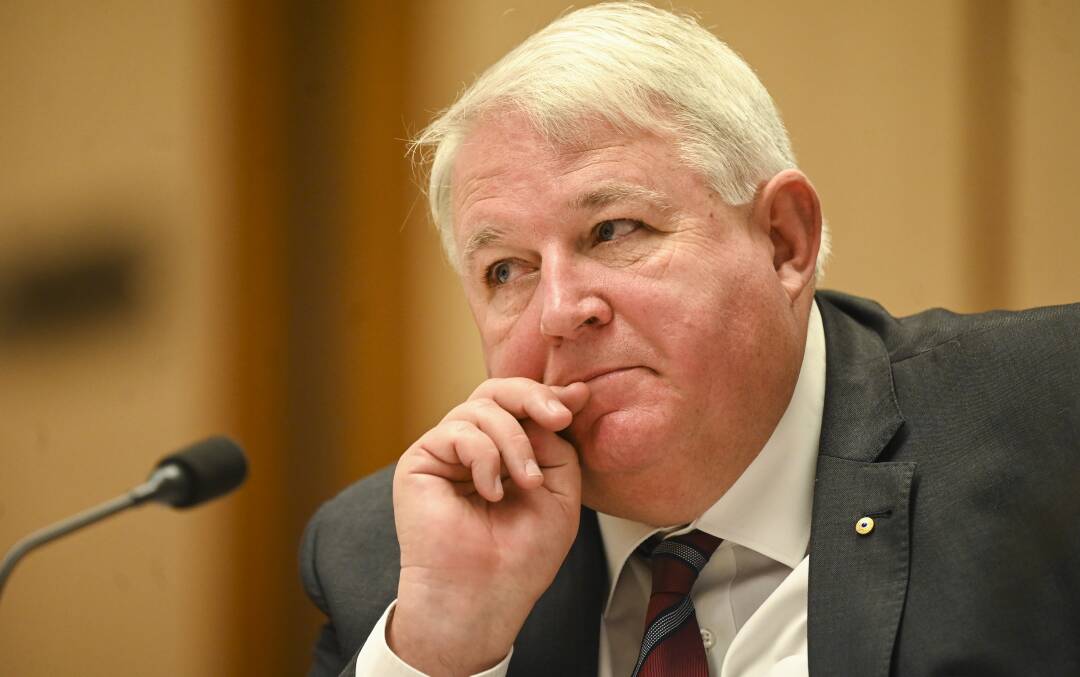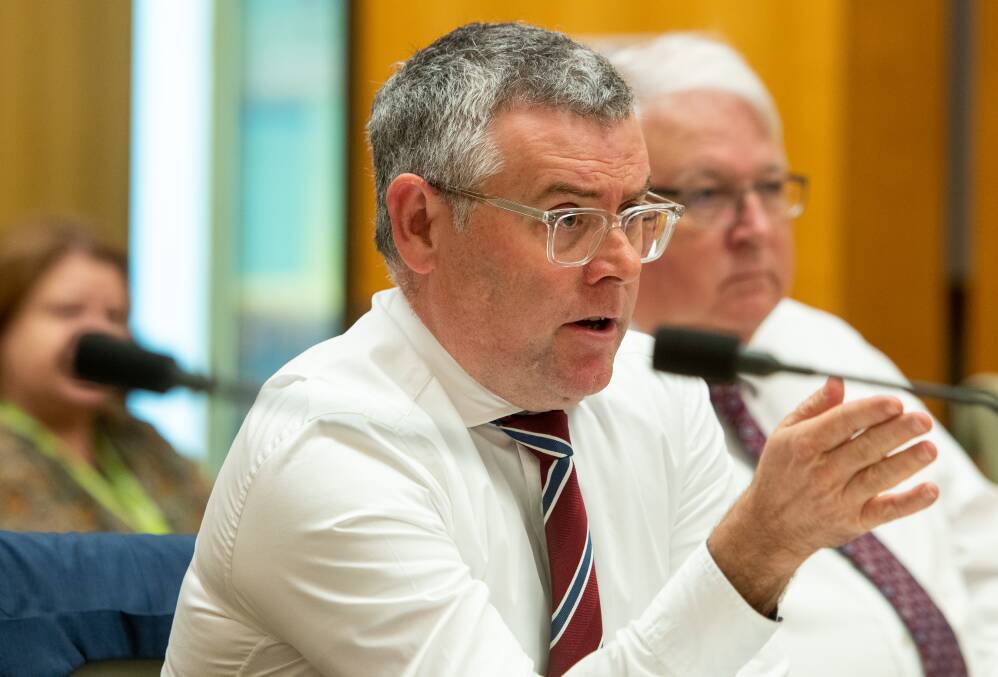
The Department of Agriculture is slashing spending on travel and training for staff and has begun firing contractors, as it grapples with serious financial issues.
Cost saving measures have been introduced at the agency, including restrictions on all non-essential travel and training, putting on hold non-critical projects and reducing contractors.
The main public sector union described the revelations as "concerning" amid an ongoing attraction and retention crisis within the public service.
It comes as the Albanese government readies Australians for a "responsible" federal budget to improve its underlying structural issues.
Stripping back spiralling contractor and consultancy costs within the public service has been a key focus for a federal government on the hunt for savings.
An Agriculture Department spokesperson said the recent measures have been implemented "to ensure we don't spend beyond our revenue".
"The department has done this carefully to reduce any impact on the department's priorities, service levels or regulatory responsibilities," the spokesperson said.
"The department continues to assess contracted staffing levels in conjunction with its work program and has commenced the cessation of some contractor arrangements as a result."
Finance Minister Katy Gallagher and Agriculture Minister Murray Watt have both been contacted for comment.

Executives are working with managers to make the changes "having regard for the impacts on staff", the department's response added.
"During periods of change such as this, we provide a range of support to staff and will continue to keep them informed," the Agriculture Department spokesperson said.
Community and Public Sector Union national president Brooke Muscat said reports of the department's financial woes were "concerning" and could further impact existing morale issues.
"The work of our members in The Department of Agriculture, Fisheries and Forestry is critical to the safety of Australians and the Australian economy. Any impact on our members jobs, is something that the CPSU will take very seriously," Ms Muscat said.
"Staff morale in the department is low as the APS continues to grapple with the attraction and retention crisis that is leaving many critical roles vacant.
"Further changes and impacts have the potential to worsen the situation for our members who are already overworked."
In the department's incoming government brief, released through a freedom of information request in August last year, funding is supplied through the federal budget and the department's own cost-recovery activities.
For the 2022-23 financial year, the department said it would receive $1.16 billion from the federal budget, and estimated its own source revenue would amount to $509.3 million.
The department expected an operating loss of $31.2 million for this financial year, which it said had been approved by the Finance Minister.
Senator Gallagher pledged last year to bring outsourced consulting work back in-house to the public service in an effort to save on costs and rebuild the bureaucracy's capability.
Previous Canberra Times estimates showed the public service's consultancy bill soared to $2 million a day under the Coalition government.
A senate estimates hearing last year revealed the Agriculture Department had been spending around $6000 per day on contractors
Katy Gallagher, then an opposition senator, pointed to a three-month $1.2 million contract the department had with PriceWaterhouseCoopers, which she said was reckless spending on outsourcing work to the private sector.
An Agriculture Department spokesperson explained at the time the contractors had been engaged to help deliver a large work agenda and to cover expertise gaps not already contained within the department.
"These partnerships help not only to deliver the critical changes but provide important capability uplift and skills transfer to staff more broadly," the spokesperson said.







